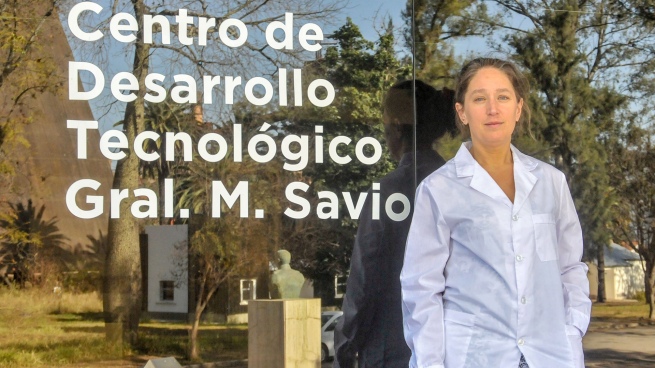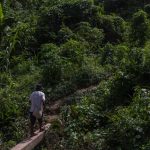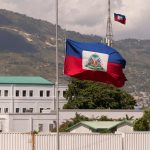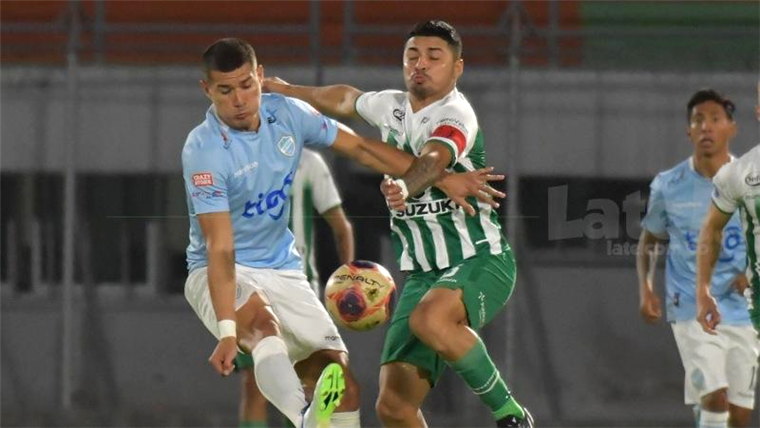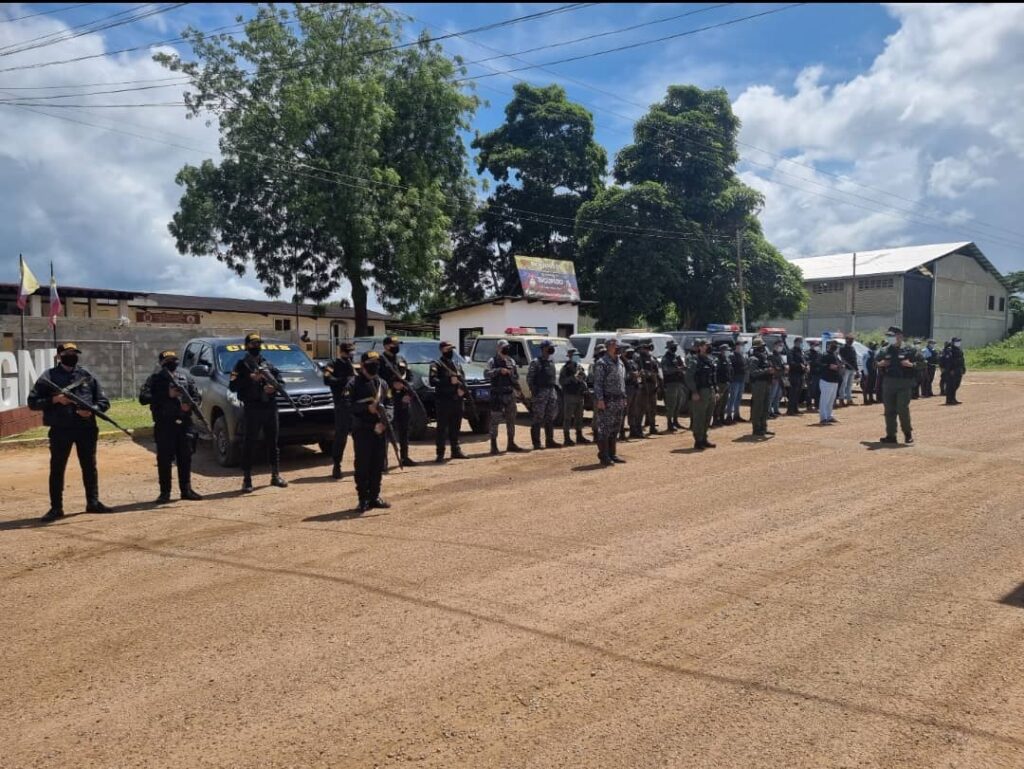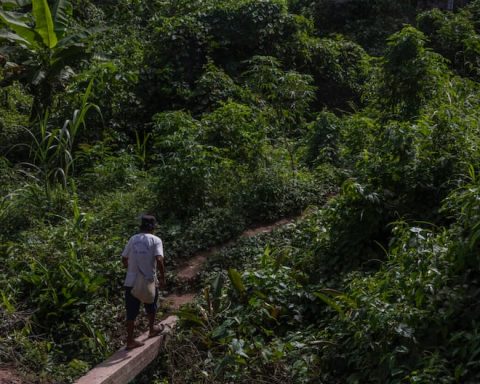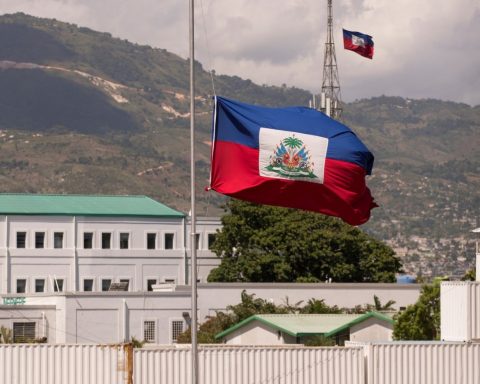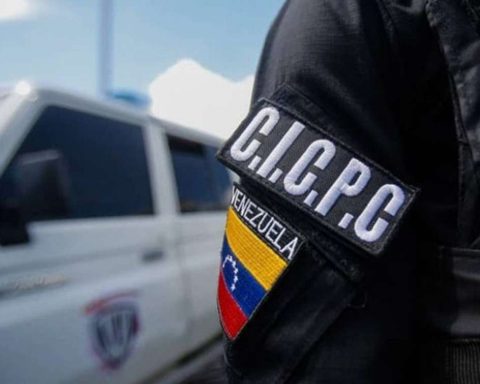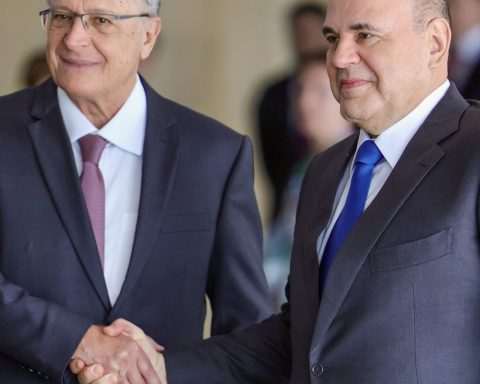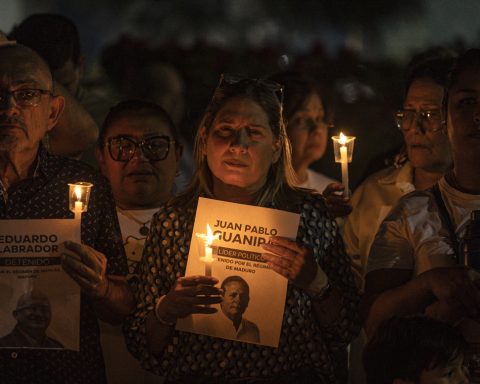Degree and doctorate in Chemistry from the UBA, Victoria Flexer (40) She is from Buenos Aires by birth but adopted Jujuy as her place in the world after living more than seven years researching and completing her postgraduate training in France, Belgium and Australia.
He returned to the country in 2014, with the Raíces program (which provides a subsidy so that Argentine researchers who are abroad can return and continue their career in the country). but not to settle in a big city but in the Andean heart of the so-called “Lithium Triangle” (covering the north of Argentina, Chile and part of Bolivia).
Today, from the Center for Research in Materials and Energy Storage of Jujuy (CIDMEJU), he leads a team that works on several lines of research around lithium with the aim of adding value and promoting local development based on this strategic mineral. for the manufacture of batteries for technological devices and in the next revolution of electric mobility.
In a telephone conversation with Télam-Confiar, Victoria tells what it is like to do research from the Puna, on a border issue.

How did you come from Chemistry to specialize in lithium?
I was always curious about science, and when I was in school (Nacional Buenos Aires), what I liked the most was going to the laboratory. I was good at math too, but I decided to study Chemistry because it was something more applied to concrete things. When I finished my degree, I went on a scholarship to a research center in Bordeaux, France, where I stayed for three years. From there to Brisbane, Australia, for another two years and then to Ghent, near Brussels, for two more years.
My specialty is electrochemistry (a branch of Chemistry that studies chemical transformations during the exchange of electrons, which are the basis of batteries). I was thinking about going back and my former Thesis director (Ernesto Calvo, former director of the Institute of Physical Chemistry of Materials, Environment and Energy -Inquimae, of the UBA and the Conicet-), told me that a boom was being generated in around lithium, and that they were looking for researchers who wanted to dedicate themselves to this topic.
What led you to return to the country and settle in Jujuy?
I came back to enter the Conicet research career, and I presented my research plan directly to come to Jujuy, motivated both by personal and professional reasons. I wanted to be in a quieter place than Buenos Aires. I love mountains and nature. And I was also attracted by the challenge of working in a technological scientific center around lithium that was just being put together. That opened up the possibility of career growth and developing myself as a group director, something in a larger city, or in a more consolidated research center, perhaps it would not have happened.

What are you investigating together with your team?
My group works on two main axes. One is that of next-generation batteries, beyond the Lithium-Ion batteries that are in our cell phones and laptops. We are working on Lithium-Sulfur and Lithium-Air batteries that, at the same weight and volume as the current ones, are more efficient and have greater durability.
Another great axis is the development of more sustainable mining processing technologies for the extraction of lithium, and that are economically accessible. The current one is a slow technology, and it consumes a lot of water. But if we manage to recover a higher percentage of lithium through brine and also recover the water that evaporates today, this impacts sustainability. Mining extracts resources and must allow local development.
How advanced are these investigations?
As for the development of next generation batteries, there are other groups in the world looking into this. Although several studies have proven that its capacity is superior, there are still technological issues that prevent its massive implementation. One of them is poor cyclability. This is, that over time the batteries lose capacity, and even if they are recharged, they no longer last as long. Another problem, both in the current batteries and in the next generation, is their recycling, since they have many components and separating them is more expensive. That is why urban mining (N of R: the extraction of minerals and metals from the recycling of disused electronic components) is not yet competitive with conventional mining.
When it comes to the development of more sustainable lithium extraction technologies, there are fewer people in the world working on these issues and we have achieved interesting results that are being transferred to the industry. We have a technological development agreement with YTec (the technological company created by YPF and Conicet focused on solutions for the energy sector) and an SME from Jujuy, Dese Lithium, with the idea of taking our research beyond the laboratory, to specific applications.

Did you ever feel that being a woman made it more difficult for you to develop your scientific career?
I guess not having to deal with child rearing must have helped me compared to other women. Although gender biases, in this career as in others, exist. Today we are the majority in many areas of science, although there are still few of us who lead teams.
How to respond from science to the concerns and resistance of the communities to the extraction of lithium in their territories for fear of the environmental impact?
Science can respond by trying to study and understand the extraction processes currently in use to give a qualitative and quantitative measure of the environmental impact generated. It can also try to develop extractive methods with less environmental impact.
In any case, in some specific communities, very strong rejections of mining in general have developed. Attempting to open or restore dialogue with these communities may require work to be undertaken in conjunction with specialists from the social sciences, anthropologists, sociologists, etc. that they can count on more tools to understand the feelings of these communities.
Cutting edge science behind the white gold rush
Victoria is emphatic when she speaks. In a TED talk she stated that she wanted to do the “Lithium Raft” in the Puna. And she is convinced that “first-class science can be done from anywhere in Argentina. We have excellent professionals who come from the University of Jujuy and before they had to emigrate. Today they can stay investigating and working here”, she assures in dialogue with Telam / Confiar.

However, she is cautious about comparing lithium to gold or oil. “It is true that we have a lot of lithium and that a lot is needed for the technological revolution and electric mobility that are coming. This is an opportunity for Argentina and the countries of the lithium triangle, but we are not the only ones that have it. Lithium is not a scarce mineral. It is present in seawater, and in some rocks. Only there it is more difficult to extract. Australia today leads lithium production, extracting it from rocks. That is why our differential should not be the resource, but rather the know-how to extract it and add value to it”, she points out.
Where should we aim the development of lithium so that it does not end up being exported as a commodity?
For this, the development of a national battery manufacturing industry is very important. This requires large investments, and there is also a question of scale, which means that the larger the factory, the more profitable it is.
Specifically, our project does not aim at the production of current lithium batteries, but at developing the next generation.
What do you like most about doing science?
Doing science amuses me. I’m excited to be on a project with a real application beyond the lab; and that we can carry it forward with a team of researchers from Jujuy and from other parts of the country with a lot of drive.
